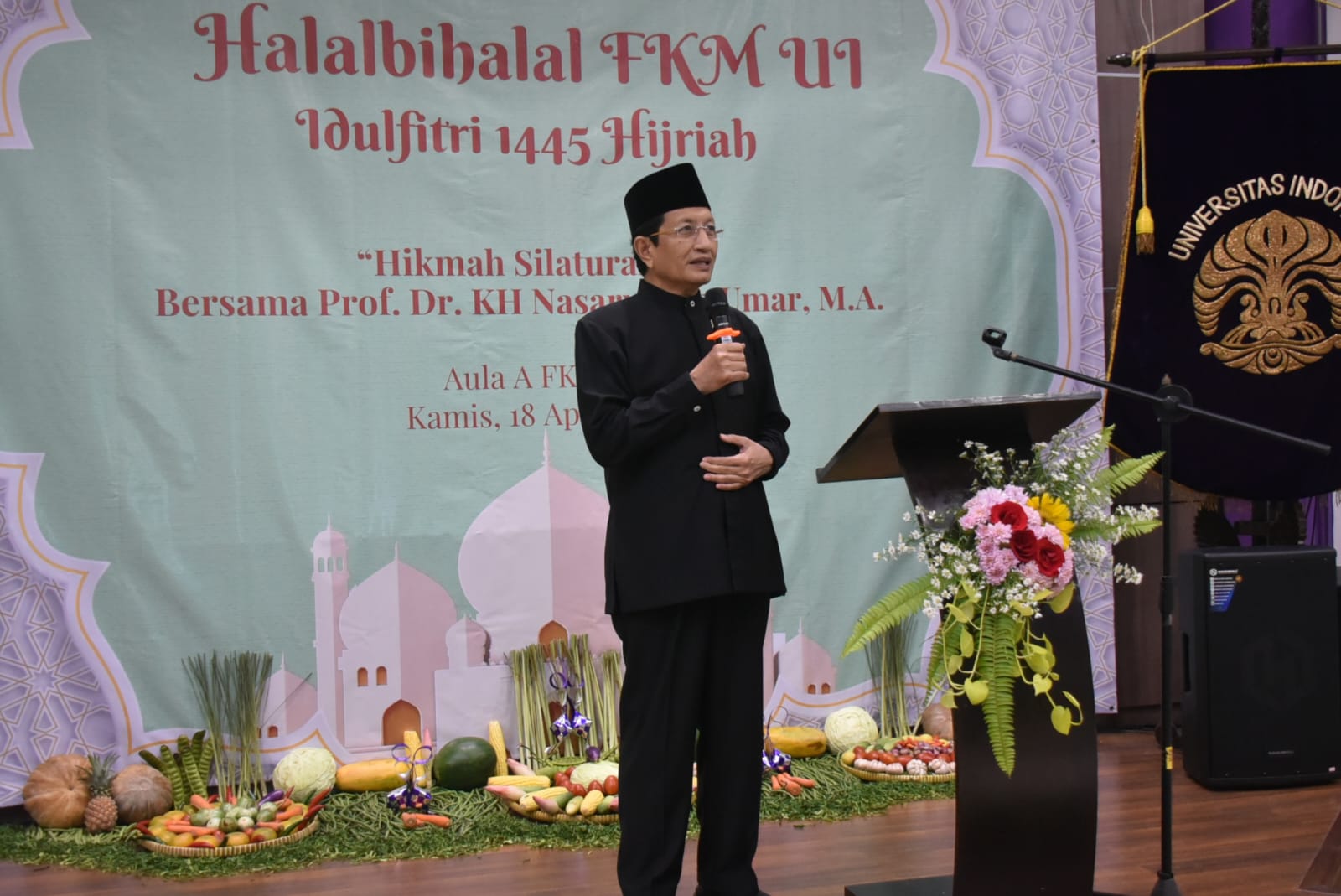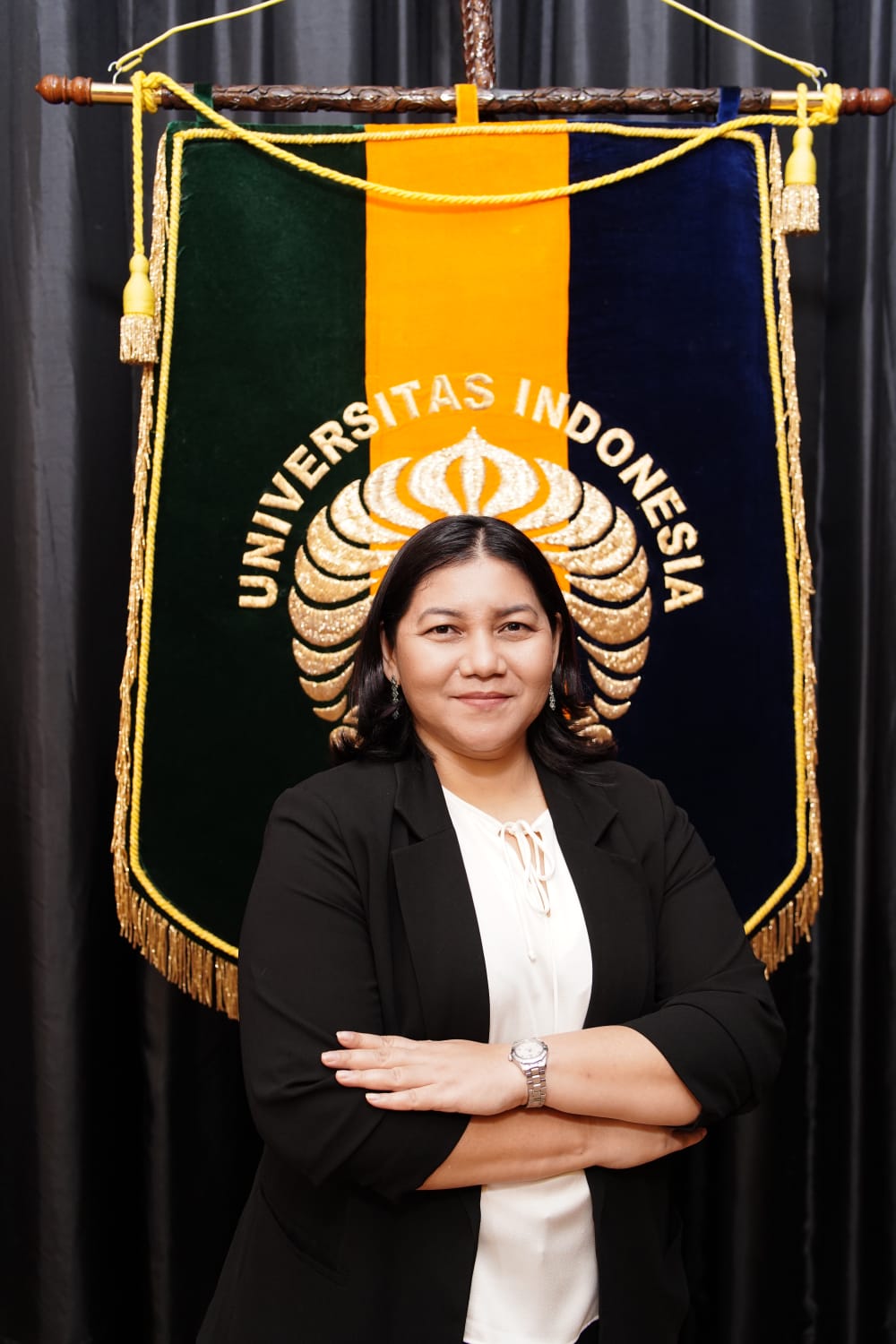The palm oil industry has become an important topic of discussion in the last six months. This topic is important because it is related to food security, which is also a national research priority. To discuss innovation opportunities in this industry, Faculty of Mathematics and Natural Sciences of Universitas Indonesia (FMIPA UI) held MIPAtalk Series 9 entitled “Innovation in Palm Oil Industry Makes Indonesia Leads in Fulfilling the World’s Energy Crisis” on Thursday (15/9) at Riset Multidisiplin Laboratory Building of FMIPA UI.
MIPAtalk Series is one of the routine activities of the Research and Community Service (PPM) unit initiated by FMIPA UI since May 2020. The dean of the faculty, Dede Djuhana, Ph.D., hoped that this event can be a means of sharing knowledge related to palm oil and the challenges faced. “FMIPA UI is at the forefront of science. We may be the smallest part in the development of the palm oil industry, but we can make a big contribution to Indonesian nation,” said Dede.
The Head of the Special Working Unit (UKK) of the Institute of Applied Science (LST) in FMIPA UI Prof. Dr. Jatna Supriatna, said this topic is important considering that more than 50% of the world’s palm oil production comes from Indonesia. Unfortunately, royalties for palm oil research results from Indonesia are very small. This is because the majority of patents belong to foreigners. “FMIPA UI must be involved in research and innovation on palm oil. This is a challenge for us. We should be able to. The resources are there, the facilities are there, the knowledge is there, we just need to unite our teams. We from LST are trying to facilitate this,” said Prof. Jatna, who is also a Professor of the Department of Biology of FMIPA UI.
The palm oil industry in Indonesia has a long history since 1848. Palm oil thrives in Indonesia because Indonesia’s natural conditions are suitable for palm trees. According to Executive Director of the Association of Indonesian Vegetable Oil Industries (GIMNI) Sahat M. Sinaga, M.T., the palm oil industry is experiencing many challenges and developments. Challenges in the palm oil industry relate to negative impacts on nature and health which are also the global concerns nowadays, while the development of palm oil can be seen especially in the field of processing.
In general, palm oil is processed through wet-process sterilizationby using steam. This process leaves the chloride or high chloride in palm oil. Crude palm oil from Indonesia naturally contains carotenoids (provitamin A), tocopherols and tocotrienols (vitamin E), and phytosterols (cholesterol reduction). However, the process of producing or processing vegetable oils or Conventional crude palm oil (CPO) can damage these ingredients.
Therefore, the right technology and process are needed to maintain the beneficial content of palm oil so that it can become an added value for palm oil. In 2022, PT Nusantara Green Energi (NGE) together with researchers introduced a palm oil processing process through ” dry-process” or steamless in Batanghari, Jambi.
According to Sahat, if sterilization is eliminated and replaced with dry-process, palm oil will be safer and healthier.
Palm oil is not only useful as cooking oil and alternative fuel, but it can also be developed into other products, such as cosmetics, perfumes, detergents, paints, and even pharmaceutical products. Sahat emphasized the importance of processing palm oil into products that can be utilized in various fields and by-productsThis is because the more processes that are passed, the more the value of the item increases. “The more we develop technology, product innovation, and its application, we can add the added value up to six times. There is so much unexplored potential from palm oil from upstream to downstream. We hope that UI can jointly represent palm oil research in Indonesia,” said Sahat.
Research and innovation on palm oil need to be developed continuously to increase the added value of palm oil. Through research and innovation products, FMIPA UI has contributed not only to the palm oil industry, but also to Indonesia. Furthermore, FMIPA UI and PT NGE agreed to work together to develop green energy in the context of palm oil development. “Indonesia is one of the world’s largest palm oil exporters. It is unfortunate that most palm oil research comes from abroad such as Malaysia and France. This is our time. Let’s bring this world to fit the world!“said the Deputy Director of PT NGE Petrus Chandra.



